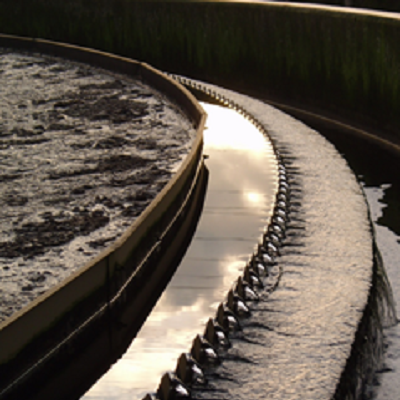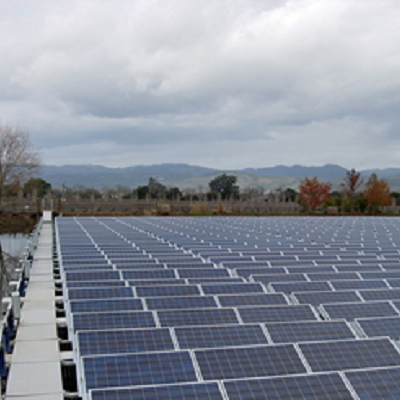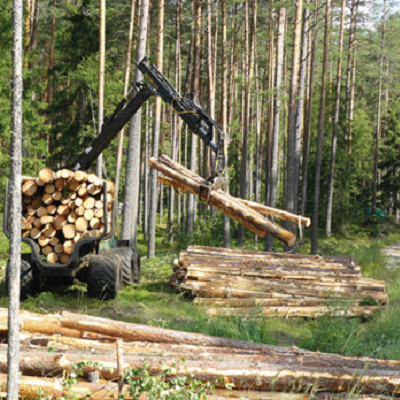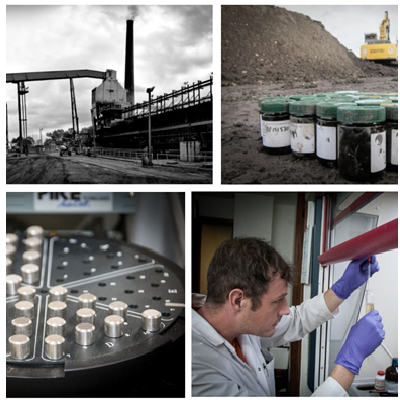Phosphorus is an element at the heart of globally-significant challenges, in particular the need to identify sustainable approaches that are able to reduce nutrient enrichment within aquatic ecosystems. In this project, you will develop new technologies in order to reduce the financial and environmental costs associated with removing phosphorus from wastewater. Working with a range […]
Read More
By SolarWriter (Own work), cropped [CC BY-SA 3.0] What it’s about? Supplying sufficient energy to meet rising demands whilst transitioning to low carbon sources to avoid dangerous climate change is a global grand challenge. Solar photovoltaics (PV), deployed in various ways, will significantly contribute to future low carbon energy supply. Floating solar, or floatovoltaics, is […]
Read More
Forests play a key role in climate regulation, water purification and biodiversity conservation, whilst providing renewable wood-based resources critical for the circular economy. Forest cover in the UK is one third of the European average, and possible post-Brexit reform of agricultural subsidies could create substantial impetus for forestry expansion. There remains an incomplete evidence base […]
Read More
In addition to providing benefits to society, biodiversity also brings costs. The aerial biosphere includes ecologically complex mixtures of pollens that negatively affect human health. Almost a quarter of people display allergic reactions to tree and grass pollen, causing symptoms ranging from hay fever to asthma, with associated socio-economic costs. Identifying tree pollens can be […]
Read More
There is a growing interest in linking hydrogeological and geomechanical models to improve understanding of hydrological processes triggering landslides, but progress has been limited by an inability to provide high spatial and temporal resolution input data on the physical properties of the subsurface (e.g. strength, materials, composition) and changes associated with hydraulic processes (e.g. pore […]
Read More
This industrial CASE studentship is a unique opportunity to develop innovative science in the field of organic geochemistry and risk-based land management of post-industrial brownfield sites affected by contamination. The CASE studentship attracts an increased stipend and expenses for laboratory equipment, consumables, travel and conference attendance. You will be working with a supervisory team of […]
Read More






